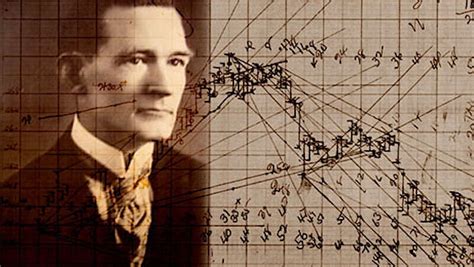A Quote by Fernand Braudel
The key problem is to find out why that sector of society of the past, which I would not hesitate to call capitalist, should have lived as if in a bell jar, cut off from the rest; why was it not able to expand and conquer the whole of society?... [Why was it that] a significant rate of capital formation was possible only in certain sectors and not in the whole market economy of the time?
Related Quotes
The whole Chinese system - not just the political leadership, the military too, the whole power structure, our education system, the whole of society - is suffering from being cut off from the free flow of information. That's why the country can't face up to open competition - unless it resorts to measures like North Korea.
I wanted to know why people follow rules blindly, or why girls had to act a certain way and boys didn't. Why could boys ask girls out and girls not ask guys out? Why did girls have to shave their legs and guys didn't? Why did society, like, set everything up the way they did? My whole adolescence was full of unanswered whys. Because they never got answered, I just kept lighting fires everywhere - metaphorically speaking.
I couldn't possibly explain why the common person would be against something like that. It's all rooted in sexual hang-ups. The whole institution of marriage itself really has no place in a progressive society. I don't know why anyone would want to get married heterosexually, so why they'd be against homosexual marriage is flummoxing. I only use that word when I'm talking to someone from the British press.
I'm not saying we are not to be held accountable. What I'm saying is that we need to appreciate past, if you don't appreciate past, you cannot understand why we are like this, why the churches and mosques are controlling our society, why Africans feel inferior. Why are our girls bleaching or make long hair? They all want to be white, Why are they not proud? Why are we not proud of name, of our clothes?
When you get your self realization or your second birth you become entitled to an awareness by which you can find out the roots of everything. You can find out the roots why people get sick, you can find out why there are incurable diseases, you can find out why there are psychological problems, you can find out why there are moral crisises, you can find out why there are political problems, why there are economic problems.
Time is the most important factor in determining market movements and by studying past price records you will be able to prove to yourself history does repeat and by knowing the past you can tell the future. There is a definite relation between price and time. By studying time cycles and time periods you will learn why market tops and bottoms are found at certain times, and why resistance levels are so strong at certain times, and prices hold around them. The most money is made when fast moves and extreme fluctuations occur at the end of major cycles.
Energy is a sector of the economy that has been particularly resistant to innovation. This is precisely the problem. It is why we are still dependant on energy sources that are 100 to 150 years old while virtually every other sector of the economy has transformed itself. This is why we believe that the faith that many environmentalists still hold that carbon regulations and taxes will drive sufficient private sector investment into energy markets to create the kind of innovation we need is unfounded.
This is one of the ways fiction is more liberating than nonfiction - I don't have to be so concerned with fact. I had the paradigm of certain people in my head who became my characters, but I never considered these people to be from a "certain sector of society," unless we agree that we're all from certain sectors of society.
There's only one why. You only have one why, and your why is fully formed by the time you're 17, 18 or 19years old, maybe even earlier. The rest of your life are simply opportunities to either live in or out of balance and the career choices we make and the decisions we make in our lives either put us in balance with our why, which makes us happy, fulfilled and inspired. Or it puts us out of our why, which makes us frustrated, stressed out and sometimes we fail.








































